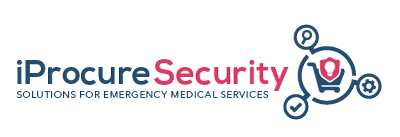Methodology and theory behind combining three streams*
*Methodology and theory behind combining three streams: (1) tracking, an electronic medical record and Med IS into a pan-European, if not larger “Big Data” collective that would enable certain elements of the casualty records to be used to assist a machine learning model (AI) for decision-assist systems, (2) predictive tools and (3) a process of integrated resource management.
Interoperability of EHR systems across EU
Log in to reply.

